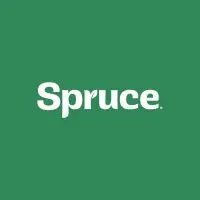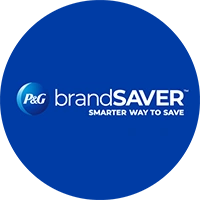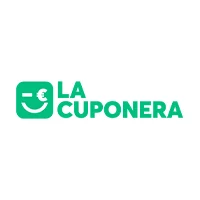
Brands.
P&G brands are trusted to provide products of the highest quality and superior performance and value for the daily-use cleaning, health and hygiene needs of consumers around the world.
Fabric Care

Ariel
Laundry Products

Bounce
Dryer Sheets & Fabric Care

Cheer
Laundry Products

Downy
Fabric Protectors & Softeners

Dreft
Baby Detergent & Laundry Products

Era
Laundry Products

Gain
Laundry & Home Products

Rindex 3en1
Laundry & Home Products

Tide
Laundry Products
Feminine Care

Always
Feminine Care Pads

Always Discreet
Incontinence Pads

Tampax
Feminine Care Tampons

This is L
Period & Bladder Care
Grooming

Braun
Personal Grooming

Gillette
Razors & Skin Care

joy+glee
Razors, Waxes, & Creams

Gillette Venus
Razors & Blades

The Art of Shaving
Personal Grooming
Hair Care

Aussie
Hair Care

Head & Shoulders
Hair Care

Herbal Essences
Hair Care

My Black Is Beautiful
Hair care

Old Spice
Hair & Skin Care

Pantene
Hair Care
Home Care

Ambi Pur
Odor Eliminators

Cascade
Dishwasher Detergent

Dawn
Dishwashing Liquid

Febreze
Odor Eliminators

Gain
Laundry & Home Products

Microban 24
Home Cleaning Products

Mr. Clean
All-Purpose Home Cleaners

Salvo
Dishwashing Liquid

Spruce
Weed Control

Swiffer
Multi-Surface Dusters & Cleaners

Zevo
Bug Control
Multi brand Programs

P&G brandSAVER
US Multi-brand (CRM) Program

P&G Good Everyday
Canada EN Multi-brand (CRM) Program

P&G Good Everyday
Canada FR Multi-brand Program

PerTe
Italy Multi-brand (CRM) Program

Envie de Plus
Belgium FR Multi-brand (CRM) Program

Envie de Plus
France Multi-brand (CRM) Program

Epithimies
Greece Multi-brand (CRM) Program

EverydayMe
Hungary Multi-brand (CRM) Program

EverydayMe
Poland Multi-brand (CRM) Program

ForMe
Germany Multi-brand (CRM) Program

BanaBak
Turkey Multi-brand (CRM) Program

Online Promos
Bulgaria Multi-brand (CRM) Program

Online Promos
Serbia Multi-brand (CRM) Program

Para mim
Portugal Multi-brand (CRM) Program

La Cuponera
Spain Multi-brand (CRM) Program

Super Savvy Me
United Kingdom Multi-brand (CRM) Program

Zin in meer
Belgium NL Multi-brand (CRM) Program

Youtil
Romania Multi-brand (CRM) Program
Oral Care

Crest
Dental Care

Fixodent
Denture Adhesives

Oral-B
Toothbrushes & Dental Floss

Scope
Mouthwash
Personal Health Care

Align
Probiotic Supplements

Clearblue
Pregnancy & Ovulation Tests

Meta
Daily Fiber Supplements

New Chapter
Natural Vitamins & High-Quality Supplements

Pepto-Bismol
Upset Stomach Relief

Prilosec OTC
Heartburn Relief

Vicks
Cough, Cold & Flu Relief

ZzzQuil
Sleep Aid











